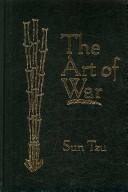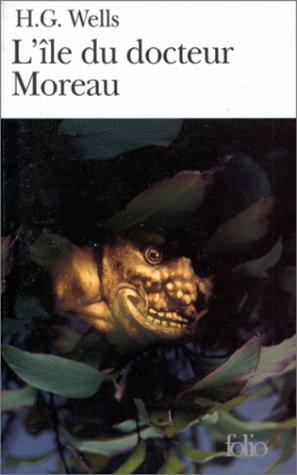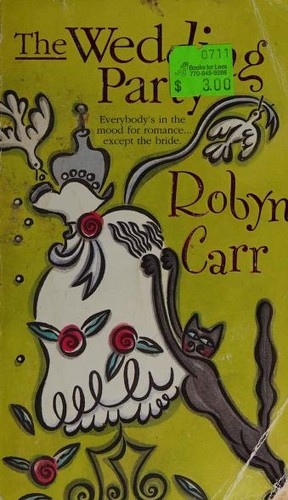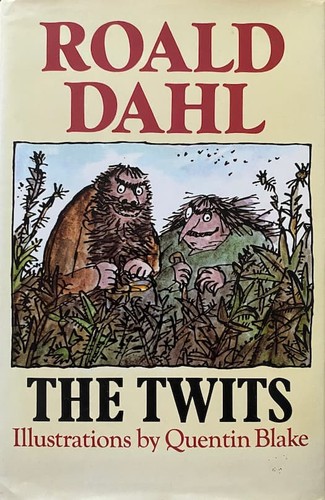Modal Verbs
[A2] Modal Verbs in English explain how to express ability, possibility, permission, and obligation. This module covers common modals (can, could, may, might, must, shall, should, will, would) and how to form questions, negations, and polite requests.
What modals are
Modal verbs are special auxiliary verbs that add meanings like ability, permission, advice, obligation, possibility, or prediction to another verb. They do not usually describe an action by themselves; they modify the main verb. In English, a modal is followed by the base form of a verb, and the pair functions together as the verb phrase of the sentence.
Which sentence best describes a modal verb?
Core modals
The most common modal verbs are can, could, may, might, must, shall, should, will, and would. These modals are used to express a range of meanings, and context often decides the exact interpretation. Some modals sound more formal or more indirect than others, especially could, might, and would.
Word/Phrase | Definition | Example |
|---|---|---|
Which of these is NOT one of the core modal verbs listed (can, could, may, might, must, shall, should, will, would)?
Modal structure
A modal verb is followed by the base verb without to: modal + base verb. In negatives, not comes after the modal. In questions, the modal comes before the subject. Modals do not take -s in the third person singular and do not use do or does for questions and negatives.
Rule | Example |
|---|---|
Meaning strength
Modals often show how strong a speaker feels about a situation, from weak possibility to strong certainty or obligation. Might and could are usually weaker than may, which is often weaker than must for conclusions. For advice, should is softer than must, and will is stronger than would for willingness or intention.
Which modal expresses the strongest obligation?
Ability and permission
Can is common for ability and informal permission, while could can describe past ability or a more polite request. May is often used for formal permission and polite permission questions, though it can also express possibility. Choosing between can, could, and may mainly changes formality and indirectness.
Rule | Example |
|---|---|
Complete: When I was five, I ___ ride a bike.
Obligation and advice
Must expresses strong obligation from the speaker or strong rules, and it can also express a strong logical conclusion. Should expresses advice, recommendation, or expectation and is less forceful than must. In many real situations, have to can replace must for obligation, especially when the obligation comes from outside rules rather than the speaker.
Rule | Example |
|---|---|
Possibility and probability
May, might, and could express possibility, but they usually differ in certainty and tone. Might is often the weakest and most tentative, while may can sound a bit more confident or formal. Could often suggests a possible option among others rather than a prediction.
Rule | Example |
|---|---|
Which modal is the most tentative (weakest) possibility?
Future and willingness
Will is used for future reference, decisions at the moment of speaking, promises, and willingness. Shall is limited in modern English and is most common in questions offering or suggesting, especially in British English. Would is used for polite requests, offers, and more indirect statements about willingness.
Rule | Example |
|---|---|
Which sentence is a promise?
Hypotheticals and conditionals
Would and could are common for hypothetical situations and conditional meaning. Would often describes what happens in an imagined situation, while could often shows hypothetical ability or possibility. In conditional sentences, would and could frequently appear in the result clause to show that the situation is not certain or is not real now.
Complete the conditional result: If I had time, I ___ help you.
Past and perfect forms
Modals have limited past forms, so English often uses modal + have + past participle to talk about past possibility, past certainty, or past obligation. This structure is used to comment on past events, often with meanings like inference, regret, or criticism. Not all modals use perfect forms equally, but could have, might have, should have, would have, and must have are common.
Rule | Example |
|---|---|
Semi-modals
Some verbs act like modals in meaning but behave more like normal verbs in grammar, especially have to, be able to, ought to, and need to. They can often express similar ideas to must, can, or should, but they use to and can change with tense in more regular ways. Learning semi-modals helps you express modal meanings in tenses where core modals are limited.
Word/Phrase | Definition | Example |
|---|---|---|
Which phrase expresses external obligation (not a modal single word)?

















